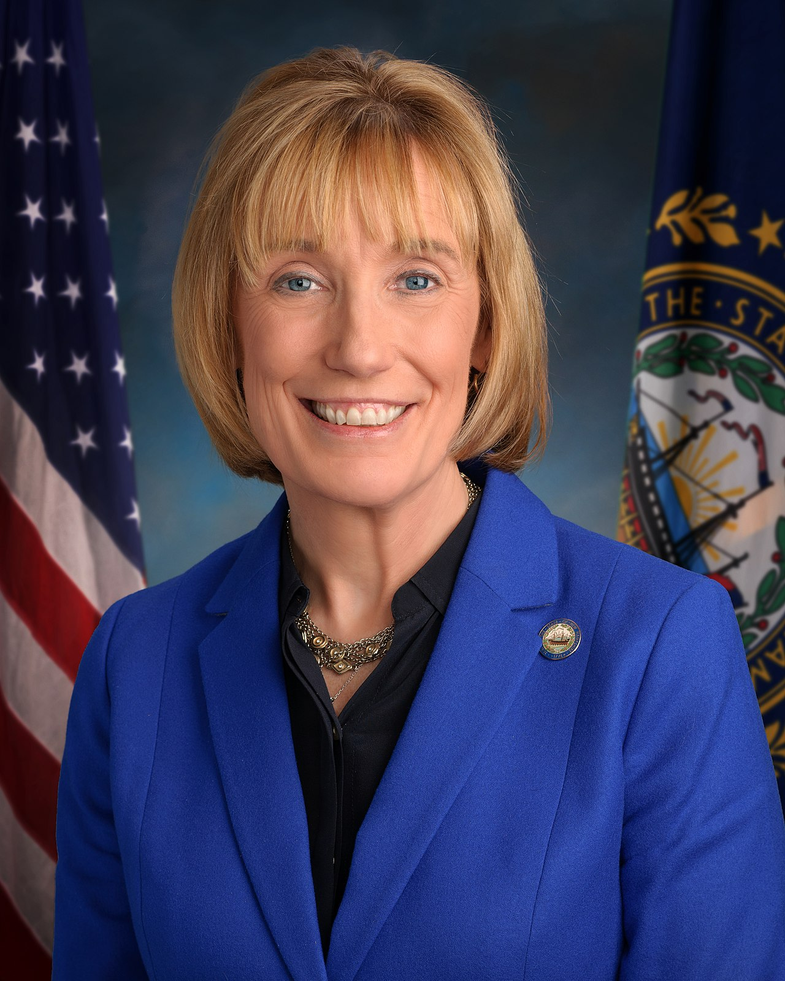S. 636: Public Safety Employer-Employee Cooperation Act
This bill, known as the Public Safety Employer-Employee Cooperation Act, aims to improve the collective bargaining rights of public safety officers, including law enforcement officers, firefighters, and emergency medical services employees, who work for governmental entities at the state or local level. Here are the key points regarding what the bill proposes:
Collective Bargaining Rights
The bill establishes that public safety officers have the right to:
- Form and join labor organizations.
- Choose a labor organization as their exclusive bargaining representative.
- Bargain collectively over their working conditions, including wages and hours.
- Seek binding arbitration to resolve disputes if collective bargaining negotiations reach an impasse.
Employer Obligations
Public safety employers are required to:
- Recognize the labor organization chosen by the majority of their public safety officers.
- Bargain in good faith with the labor organization selected by the officers.
- Document any agreements reached in writing.
Authority and Federal Involvement
The Federal Labor Relations Authority (FLRA) is given the responsibility to:
- Determine if each state provides for the rights and responsibilities outlined in the bill.
- Oversee the establishment of procedures for labor organizations and public safety employers, ensuring compliance with the new standards.
- Address complaints regarding unfair labor practices and resolve disputes arising from the collective bargaining process.
State Compliance and Review
The bill requires the FLRA to assess whether state laws meet the standards set forth in the legislation within 180 days of its enactment. States that do not comply with these requirements may face regulations as outlined by the FLRA. However, states with pre-existing laws that already provide similar or greater rights to public safety officers will not be overridden by this federal law.
Prohibition of Strikes
Public safety employers and employees are prohibited from engaging in strikes, lockouts, or other job actions that disrupt emergency services, although this does not limit any state laws regarding strikes that may exist.
Impact on Existing Agreements
The bill does not invalidate any pre-existing collective bargaining agreements or other arrangements already in effect before its enactment.
Enforcement and Resources
The FLRA will have the authority to enforce this act, including the ability to petition courts for compliance and provide necessary remedies. The bill also authorizes the appropriation of funds needed to support its implementation.
Summary of Rights and Responsibilities
Public safety officers will have specific rights related to labor organizations, employer recognition, right to collective bargaining, and a framework for conflict resolution through arbitration.
Relevant Companies
- None found
This is an AI-generated summary of the bill text. There may be mistakes.
Sponsors
2 bill sponsors
Actions
2 actions
| Date | Action |
|---|---|
| Feb. 19, 2025 | Introduced in Senate |
| Feb. 19, 2025 | Read twice and referred to the Committee on Health, Education, Labor, and Pensions. |
Corporate Lobbying
0 companies lobbying
None found.
* Note that there can be significant delays in lobbying disclosures, and our data may be incomplete.
Potentially Relevant Congressional Stock Trades
No relevant congressional stock trades found.

